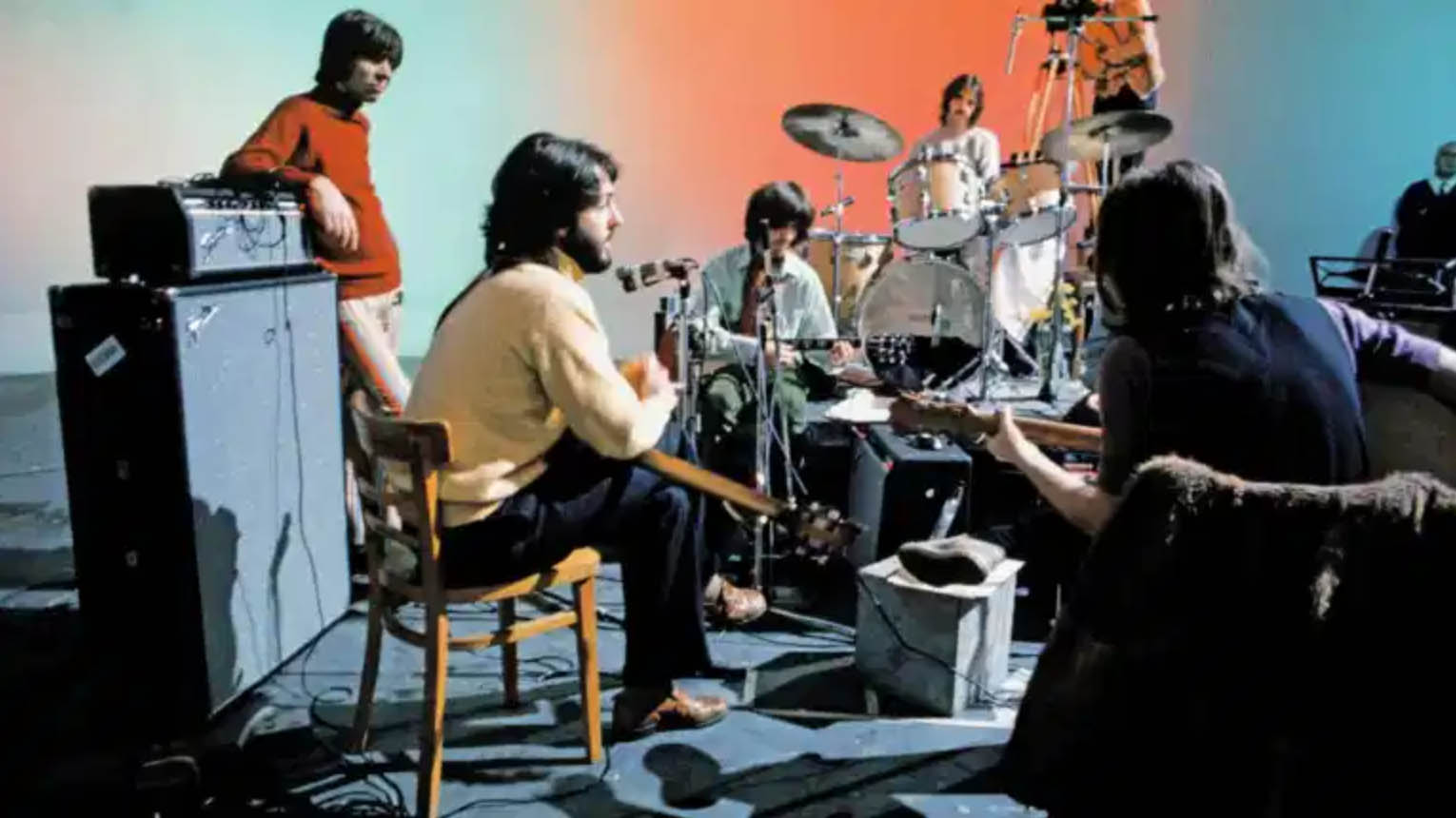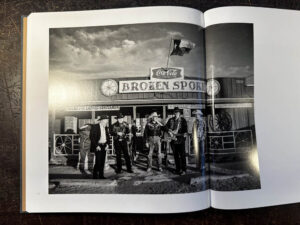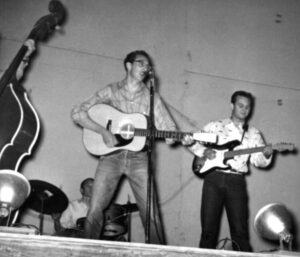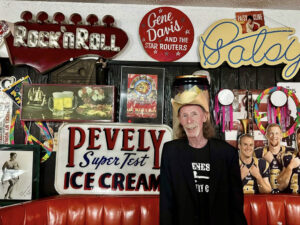Just watched part 1 of the Peter Jackson Get Back Beatles documentary. Fascinating stuff, I thought. A few observations that you didn’t ask for, but I thought were interesting (and as always, pretty much just my opinion, such as it is):
1. You really understand, watching this film, what a rudderless ship the Beatles were after Brian Epstein died. Paul even says at one point that he was forced into being the leader, and also states, “I’m scared of being the boss.” Most of the film seems like the guys in the band trying to navigate the future and figure out a direction and cobble together songs, but even though they obviously come up with a few of their best-known songs (yeah, it was pretty amazing to see Paul pull “Get Back” out of the air, best moment of the whole first episode) and an album (Let It Be) that would eventually go quadruple platinum, the members of the Beatles had no idea what they were doing without Brian Epstein guiding the way. Would they ever have been anything but a great local club band without Brian Epstein? Makes you wonder.
2. Mal Evans, the Beatles’ roadie, was a genius. When you consider that he was pretty much the band’s ONLY roadie, while they were the biggest band in the world, the guy was really amazing. Watching him help the band get their act together in this poorly-cobbled-together rehearsal area in a film soundstage, sometimes helping with song composition, sometimes playing along with the band, schlepping in pianos and amplifiers and whatever else was needed—all kinds of respect for what that guy’s role was in the group. Whatever they paid him, it wasn’t enough.
3. It’s pretty great to see engineer-producer Glyn Johns in full-on swinging-1960s Austin Powers mode, wearing a Prince Valiant haircut and a shaggy white mod coat. If you really want to blow your mind, and I mean REALLY blow your mind, just scroll down Glyn John’s list of credits. I started reading it to Sally Jo and after seven minutes she said “OK, I GET THE PICTURE” and I had barely scratched his discography. It’s cool to see Glyn’s involvement with the Beatles in this documentary. He was obviously a guy who knew music inside and out and how these skeletal fragments of songs could sound when they were fleshed out. Here’s the list, and I don’t think even this crazy long list is complete: https://en.wikipedia.org/wiki/Glyn_Johns_discography
4. The last thing that really struck me while watching this: all this footage was from early 1969. It’s crazy to think how much culture and society changed between 1964, when the Beatles first hit it big worldwide, and 1969, when the world seemed to have already entered the post-psychedelic hippie-bummer era that continued through the everything-brown-and-bearded 1970s I grew up in. When I think about how much the world has changed in my adult life, other than the internet and cell phones, society and culture hasn’t really changed THAT much. Between 1964 and 1969, though, wow. Music, fashion, youth movements, politics, technology, almost everything got radically changed in just five short years. As nutty as everything seems these days, nothing we’ve experienced in the last fifty years has changed the way that things did between 1964 and 1969.
The documentary footage really is incredible. However they did it, the up-close-and-personal, crystal-clear film makes you feel like you’re in the room with these people. I look forward to the other two parts, although I feel bad for anybody watching with just a casual interest in music or bands. There’s a lot that a person like myself can relate to, having been in bands all my life, but it might be quite a tedious three-part series for people who aren’t music freaks.





